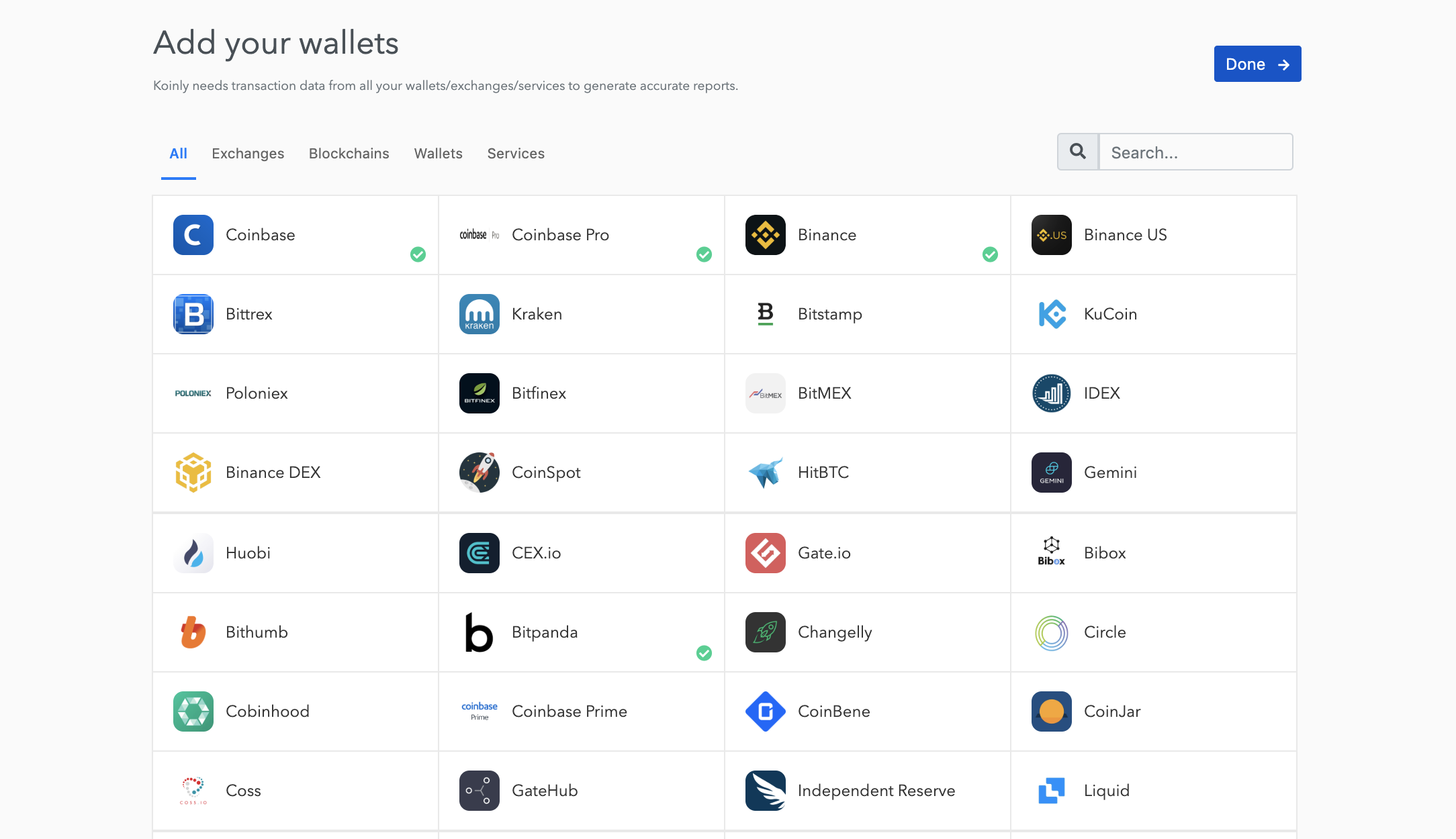Accountants: How to Attract Crypto Investor Clients
Research by crypto exchange Gemini shows that roughly 14% of Americans are invested in crypto, with a further 13% intending to buy within the next 12 months. It’s a boom for blockchain, but equally a boom for accountants and CPAs - death and taxes after all. Yet a quick whip around Google and you’ll see how the demand for crypto tax experts far outstrips the supply. Could crypto tax be a pot of gold for your accountant business? Here’s how your firm can get a slice of the Bitcoin pie in 4 easy steps.
Understand that crypto tax is not as cryptic as it seems
Years of evolution have done little to quell our fear of change, but while cryptocurrency feels like a whole new universe, the manner in which it’s taxed is all too familiar.
In most countries, including the US, Canada, UK, Australia, and the like, tax authorities have applied good old-fashioned tax principles to crypto by taxing it as property. In fact, a more accurate label for cryptocurrency would be crypto-asset, as ‘asset’ is the magic key that unlocks the crypto tax riddle.
Once your accountancy practice understands that crypto is taxed as either a capital gain or income, the mystery all but evaporates.
And with clarity comes confidence, opening the door to the thousands of crypto investors who are probably doing little more than buying crypto assets for long-term investment, with minimal disposals. Or at worst, crypto investors making a quick buck out of lending, mining, and staking - which all boil down to income, generally speaking.
The internet is full of guides on how to learn crypto tax - including our awesome collection of accountant crypto tax guides by crypto tax app, Koinly.
Make a name for yourself
Once you’ve decided that your accountancy practice is ready and able to handle cryptocurrency taxes, it’s time to tell the world. As with all things in client-facing business, be discoverable with a website that clearly lists your cryptocurrency service offering.
Crypto investors will be hunting for the likes of you on Google, with searches like: Crypto Accountant near me. So make sure your website offers a dedicated page on cryptocurrency tax.
Better yet, add content to your business blog that showcases your firm's knowledge of cryptocurrency accounting and tax. A couple of well-researched articles is all you need to get a foot in the door. In a competitive landscape, however, more is more, so if you’re pushing to come out on top in your city or region, keep your blog updated with quality, specialized crypto tax content. Make an effort to cover the following topics:
How cryptocurrency is taxed in the US - or in your state or country.
Crypto and Capital Gains Tax.
Crypto and Income Tax.
Tax on specific crypto transactions like mining and staking.
How to report crypto taxes to your tax office.
Lastly, don’t forget to add Crypto Tax to your Google Business listing. The low-hanging fruit might be your best opportunity to bag a new crypto client.
Use a crypto tax calculator
The fundamentals of how cryptocurrency is taxed are easy enough. The challenge for crypto accountants is the sheer amount of hours needed to source and process their client’s crypto trade records.
Incorporating cryptocurrency tax software into your process is pretty much essential as these are built to import all trade data from hundreds of cryptocurrency exchanges, wallets, and blockchain addresses.
 A crypto tax app like Koinly does all this plus it converts all trades into the currency your client needs to report in.
A crypto tax app like Koinly does all this plus it converts all trades into the currency your client needs to report in.
A quality crypto tax calculator should do this, as well as offer historic fair market value in local currency for all cryptocurrencies, like Bitcoin, Ether, Ripple, and Cardano. Even better, look for cryptocurrency tax software that is able to generate tax reports built on the reporting requirements of the IRS in the United States, HMRC in the UK, or ATO in Australia. Koinly offers a menu of tax office-compliant reporting templates that can organize crypto transactions into capital gains and losses, income, and expenses.
By using Koinly, your accountancy practice can easily - and accurately - generate a crypto tax report showing capital gains, losses, income, and expenses for the tax year.
Get in the game
While not essential, it will be helpful for a crypto accountant or CPA to become active in the space by investing even just a few dollars.
By signing up to some of the top crypto exchanges like Coinbase, Binance, Kraken, and Luno you'll get to see how it all works from the ground up.
If anything, your cryptocurrency investor clients will feel more at ease knowing their accountant understands crypto.





